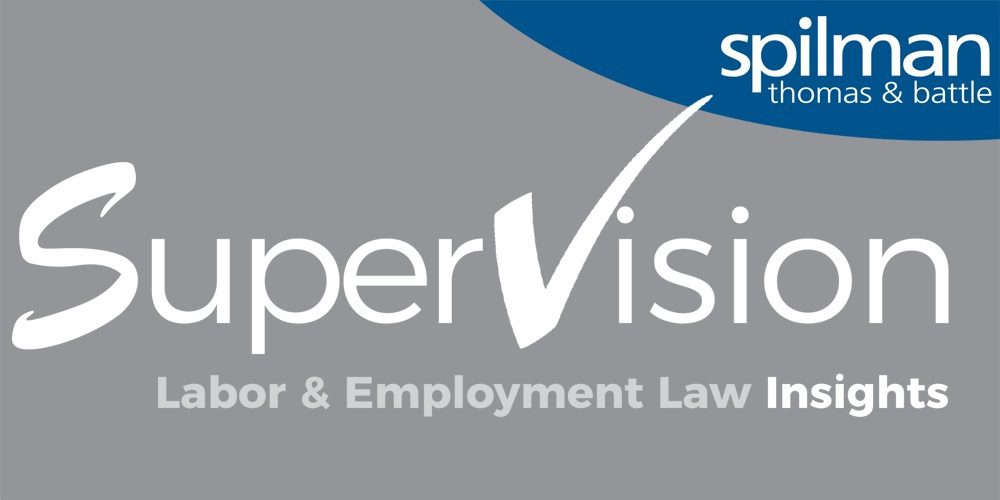Article
Resources
Article
A Significant Expansion of Title VII on the Horizon?

The U.S. Supreme Court in Muldrow v. City of St. Louis is poised to determine whether an employee who was transferred to a new position, but did not suffer actual harm, can bring a claim under Title VII of the Civil Rights Act of 1964. At its core, this case will establish critical standards of whether a discriminatory act must result in harm or, to put it more plainly, whether an “adverse employment action” (i.e., some significant disadvantage or tangible harm) is needed in order to maintain a Title VII claim.
Muldrow is a sergeant with the St. Louis Police Department, who was transferred from the intelligence unit to the department’s Fifth Division. While the position retained Muldrow’s pay and title, the position was less prestigious, it changed her schedule and overtime opportunities, and it required her to wear a uniform rather than street clothes. Muldrow sued under Title VII (her replacement in intelligence was a man), claiming she was the victim of gender bias.
Oral argument was held on December 6, 2023. Some justices seemed to recognize that discriminatory intent can create a harm, even if there is no significant disadvantage as a result. A decision is expected in 2024.
The ruling will have sweeping implications on the ability of employees to bring discrimination claims. Currently, there is a split among the circuit courts on whether or not an employee is required to prove some sort of additional harm over and above a discriminatory act or decision. The outcome will have far-reaching effects on employers and their ability to manage their workforce and make employment decisions, that do not result in actual harm, but are otherwise perceived as somehow discriminatory.
We will be monitoring this impending ruling. Employers with questions should contact Spilman’s labor and employment team.


